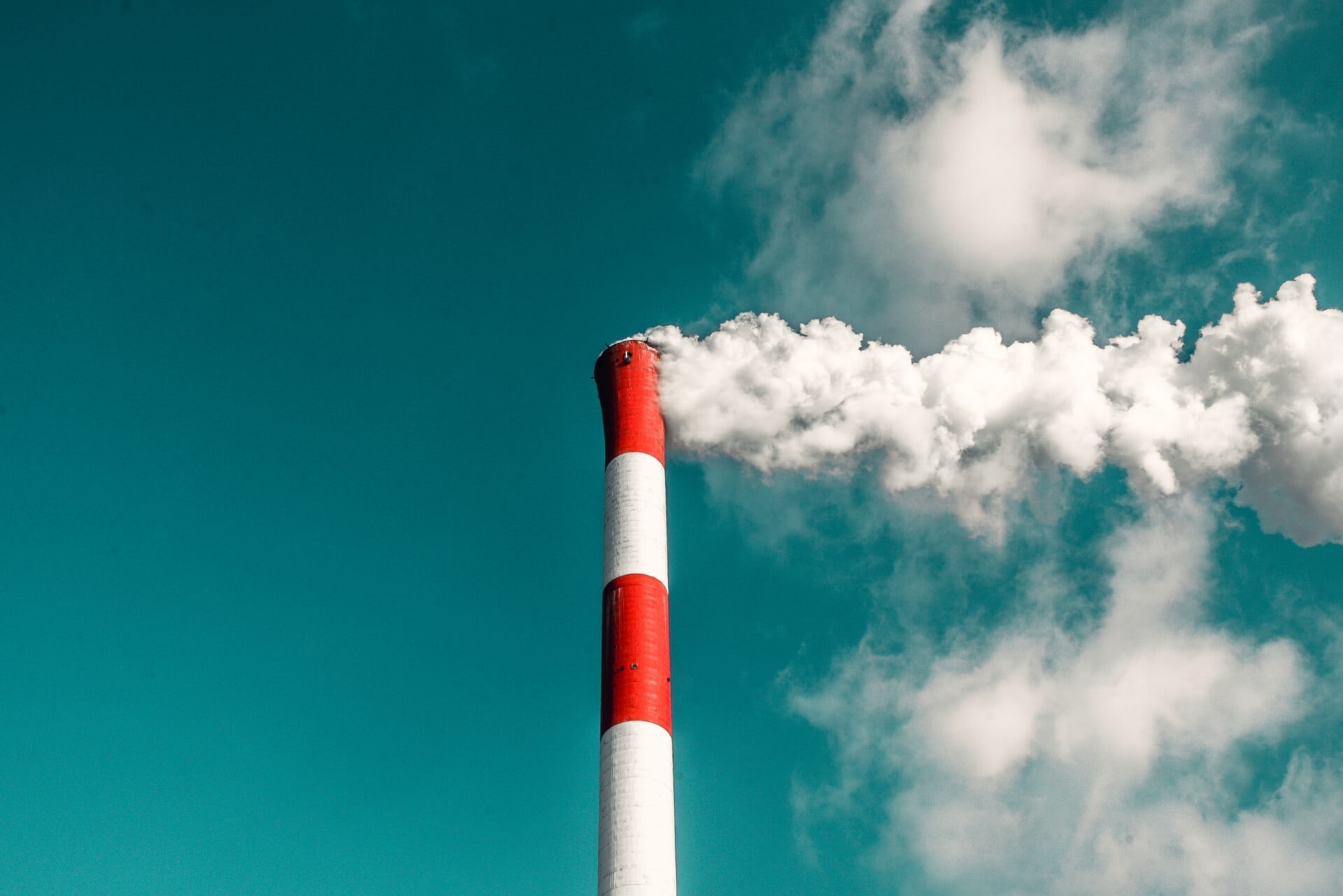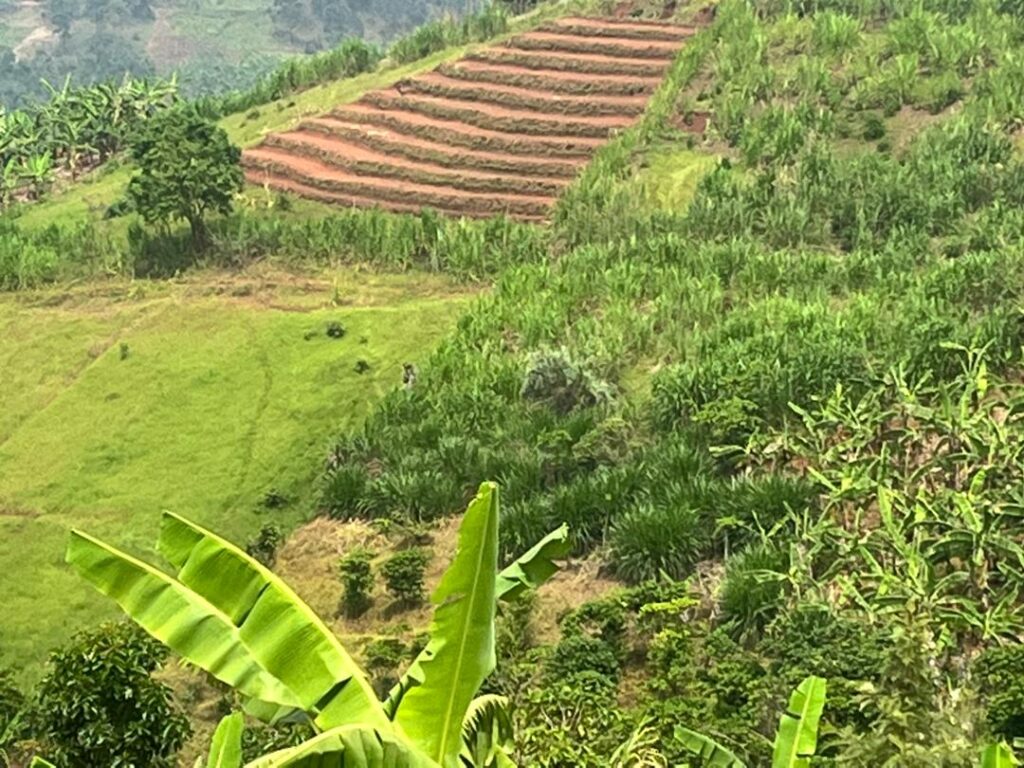Sustainability Due Diligence is Here to Stay, and Companies Must Prepare For it

Article by Sarah Drost, Senior Researcher, AidEnvironment
The European Parliament adopted its negotiating position on the Corporate Sustainability Due Diligence Directive (CSDDD) on 1 June 2023, with 366 votes in favor, 225 against and 38 abstentions. The law will oblige companies to show what actions they are taking to protect not only the environment, but also human rights.
Due diligence is not a new concept for corporations. In fact, it originated in corporate law with the sole purpose of preventing business risks for companies. In that realm, due diligence focused on the protection of company’s assets by applying a risk-analysis approach done prior to agreements or transactions and assessing, for instance, whether mergers or new acquisitions could pose risks (financial, reputational, operational) to a given company.
What is new is that some of the principles and guidelines of pioneering instruments in the development of sustainability due diligence, such as the UN Guiding Principles (UNGP) or the OECD Guidelines (both from 2011), are now being transferred from softer formats to harder and legally-binding ones. Recent examples include the French law on the Duty of Vigilance (2017), the German Supply Chain Act (2021), and the upcoming EU CSDDD (formal adoption not expected before 2024). Once the CSDDD has been formally adopted, EU Member States will have two years to implement the law into national legislation.
Under the CSDDD, companies will be required to:
“Identify, and where necessary prevent, end or mitigate the negative impact of their activities on human rights and the environment such as on child labor, slavery, labor exploitation, pollution, environmental degradation and biodiversity loss”.
This applies not only to their own operations, but also to those of their value chain partners. Up until recently, implementing such due diligence processes was little more than a recommendation that could be voluntarily undertaken by interested companies. However, upon the increasing challenges created by business-as-usual practices, due diligence is currently being integrated in national and supranational legislation as a mandatory requirement.
AidEnvironment is closely following the developments of the CSDDD and of other EU sustainability due diligence legislative initiatives. Two staff members of AidEnvironment’s Deforestation-free supply chains team have recently participated in a four-days Spring Academy training of the Asser Institute entitled “The European turn to sustainability due diligence: From concept to obligation.” Various stakeholders including NGOs, industry associations, company representatives, rights holders, and academics shared insights regarding theory, practice, case studies, and the implications of adhering to sustainability due diligence obligations.
In a recent Chain Reaction Research Chain on sustainability due diligence, we dived deeper in the content of upcoming and existing European initiatives, highlighting differences, similarities, and expected challenges ahead.
What we cannot deny – and the Duty of Vigilance, the Supply Chain Act, the EU Deforestation Regulation, and the CSDDD are a testament to it – is that sustainability due diligence is here to stay. We better get ready for it sooner rather than later.



